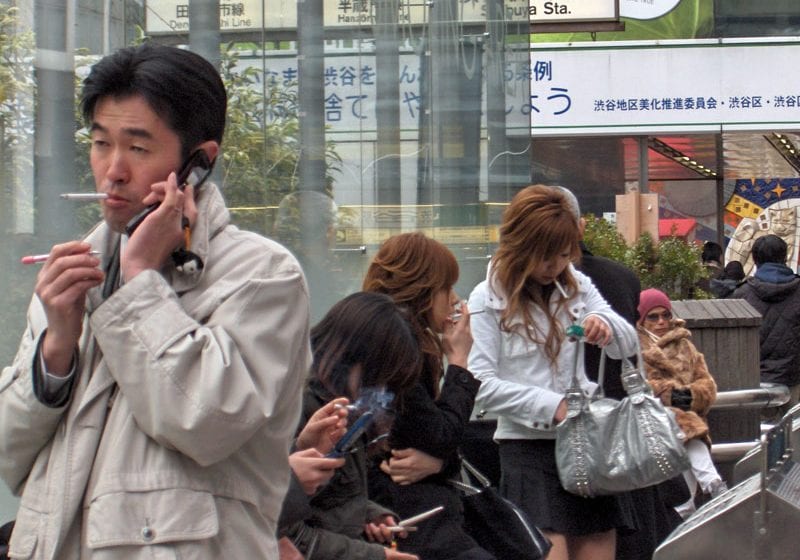Japan’s Lower House has passed an antismoking bill, paving the way for its enactment and implementation before the 2020 Tokyo Olympics and Paralympics, according to a story in the Japan Times.
The bill to revise the Health Promotion Law bans indoor smoking at schools, hospitals and public institutions, with violations resulting in fines.
But the bill is said to have drawn controversy because the government has largely relaxed requirements for eateries to qualify for exemptions on indoor smoking restrictions, amid opposition from the ruling Liberal Democratic Party whose members have strong ties to the tobacco and restaurant industries.
Under the bill, smoking is prohibited in principle at eateries, offices and hotels. But such facilities may set up special rooms for the exclusive use of smokers – albeit rooms where no food or drink will be served.
Eateries with customer seating areas of up to 100 square meters and capital of up to ¥50 million are exempted from the smoking ban and are not required to set up separate smoking areas if they display a sign in front of their buildings indicating that they allow smoking.
The bill restricts also the use of heat-not-burn products by requiring eateries to set up special smoking rooms if they want to allow their customers to use such devices while they dine.
The bill is due to go to the Upper House.
Japan opting for restrictions











